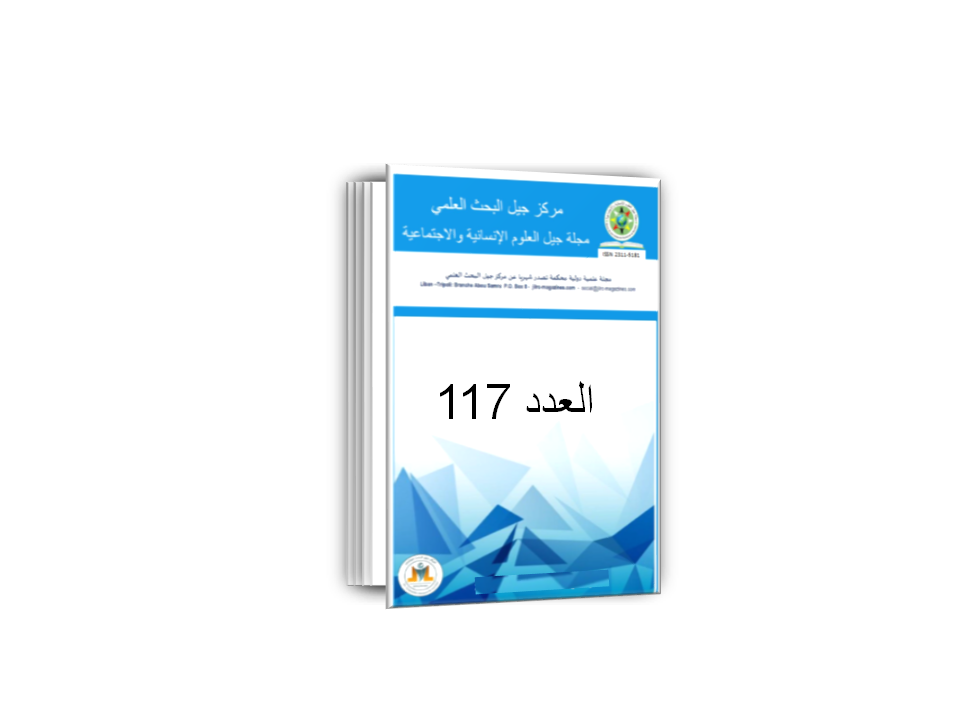
المدرسة المغربية وسؤال المواطنة الرقمية: من الرهان التربوي إلى مفارقات المجتمع الشبكي
The Moroccan School and the Question of Digital Citizenship: From Educational Aspiration to the Paradoxes of the Networked Society
ط.د. محمد المستاري (مختبر تراب، بيئة وتنمية، جامعة ابن طفيل، المغرب)
Mohamed EL Mestari, Laboratory of Soil, Environment and Development (Ibn Tofaïl University, Morocco)
مقال منشور في مجلة جيل العلوم الإنسانية والاجتماعية العدد 117، الصفحة 09.
مستخلص:يهدف هذا المقال إلى مساءلة موقع المدرسة المغربية ضمن رهانات إدماج المواطنة الرقمية، في سياق مجتمع شبكي يُعيد تشكيل أنماط الفعل والمعرفة وحدود المجال العام. ويحلل التوتر القائم بين الخطابات الرسمية التي تُروّج للرقمنة بوصفها مدخلًا للتمكين، وبين الممارسات التربوية التي تُقحم التقنية بشكل وظيفي دون تأسيس رؤية نقدية أو مشروع تربوي تحويلي. ويُفكك المقال، من خلال مقاربة سوسيولوجية تأويلية، تمثلات الفاعلين، ويكشف كيف تُعيد المدرسة إنتاج الضبط الرمزي عوض تأهيل فاعل رقمي واعٍ ومسؤول. كما يُحلل المفارقات البنيوية والرمزية التي تُقوّض تحقق مواطنة رقمية عادلة، ويُبرز التوتر بين منطق الإدماج التقني ومنطق العدالة المعرفية. وفي أفق اقتراحي يدعو المقال إلى إعادة التفكير في تموضع المدرسة داخل المجال العام الرقمي، من خلال نماذج بديلة تُزاوج بين الرقمنة والوعي، المواطنة والمعنى، والتعلّم باعتباره فعلًا تحرريًا لا إجراءً تقنيًا.
الكلمات المفتاحية: المواطنة الرقمية، الفاعل الرقمي، المدرسة المغربية، المجتمع الشبكي، التفاوتات الرمزية، الضبط التربوي.Abstract:
This article seeks to interrogate the position of the Moroccan school within the challenges of integrating digital citizenship, in a networked society that reshapes patterns of action, knowledge, and the boundaries of the public sphere. It analyzes the tension between official discourses that promote digitization as a path to empowerment, and educational practices that incorporate technology functionally, without constructing a critical vision or a transformative pedagogical project.
Through an interpretive sociological approach, the article deconstructs actors’ representations and reveals how the school reproduces symbolic regulation rather than cultivating a conscious and responsible digital agent. It further examines the structural and symbolic paradoxes that undermine the realization of equitable digital citizenship, and highlights the tension between a logic of technical integration and that of epistemic justice. As a constructive proposition, the article calls for rethinking the school’s positioning within the digital public sphere through alternative models that link digitization with critical awareness, citizenship with meaning, and learning with emancipation rather than procedural compliance.
Keywords: Digital Citizenship, Digital Agency, Moroccan School, Networked Society, Symbolic Inequalities, Educational Regulation.
